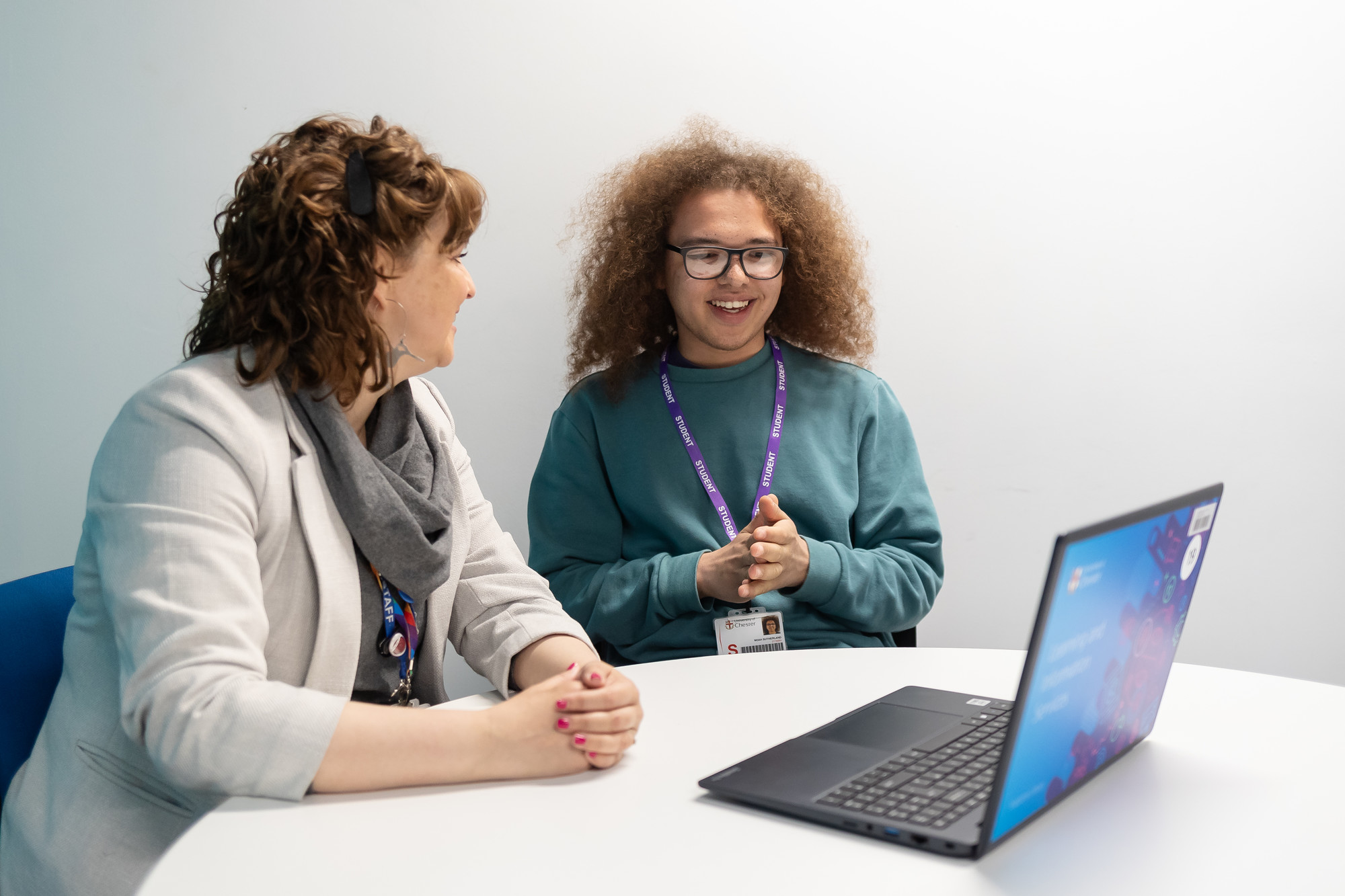Wellbeing and Mental Health

The Wellbeing and Mental Health team here at the University of Chester are here to provide support, whether you are a student studying a full or part time course, at any of our campuses.
Wellbeing and Mental Health Services
We understand that mental health can affect us day-to-day, and there may be times during your studies when you feel stressed, anxious, or unsure where to turn. You always have the option to reach out for support if you need it.
The University offers a variety of Wellbeing and Mental Health services for you to access.
For more information or to book an appointment with any of the services listed below, don't hesitate to get in touch with our central Student Services Helpdesk by email at studentservices@chester.ac.uk or by phone at 01244 511550.
If you are concerned that you cannot keep yourself safe, then please do ask for help by contacting:
- Your GP surgery and request an emergency appointment
- Go to your nearest A&E or call 999
- 111 and select option 2 for urgent mental health support
For further crisis support options, please download our Out of Hours Support document: Out of Hours Support
Out of Hours Support
There are lots of support services available locally and nationally, should you need to talk to somebody outside of University opening hours.
Please download our Out of Hours Support document for details: Out of Hours Support
All of this support is available free of charge to all students at the University.
If you, or someone you know, has experienced or witnessed unacceptable behaviour such as harassment, discrimination, sexual violence, abuse, bullying or hate crime you can report it using our simple reporting tool: Report a concern.
Our Data Processing and Privacy Notice describes how and why we collect and use personal information about you: Case Working and Triage Privacy Notice